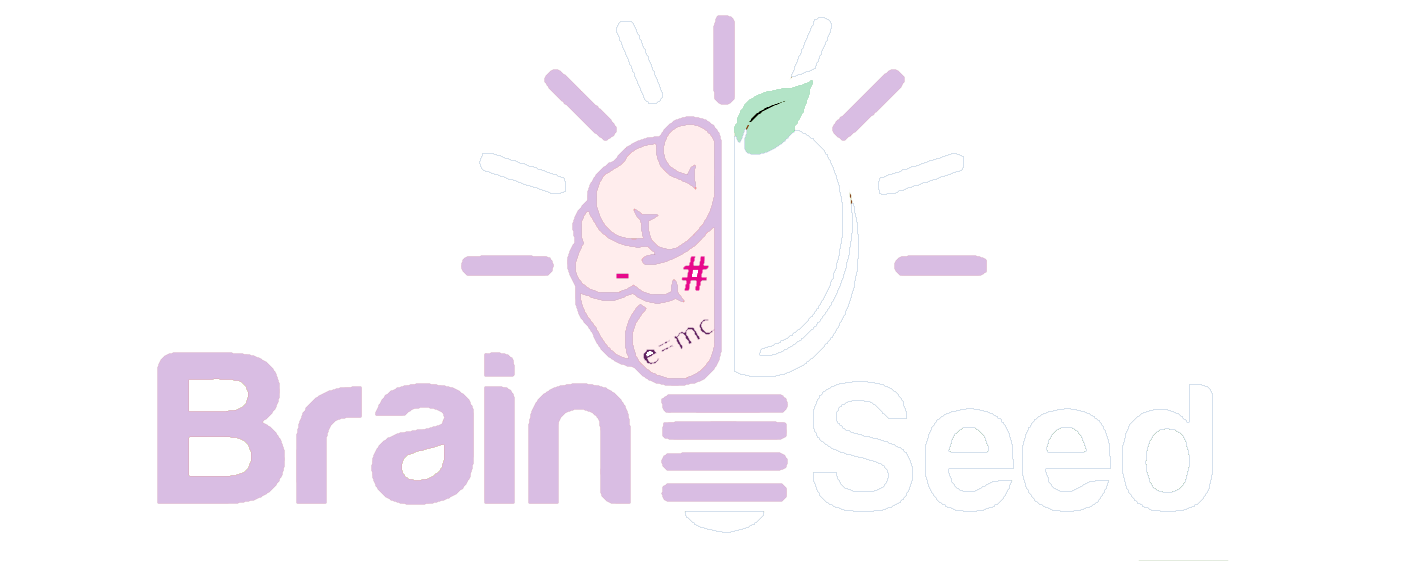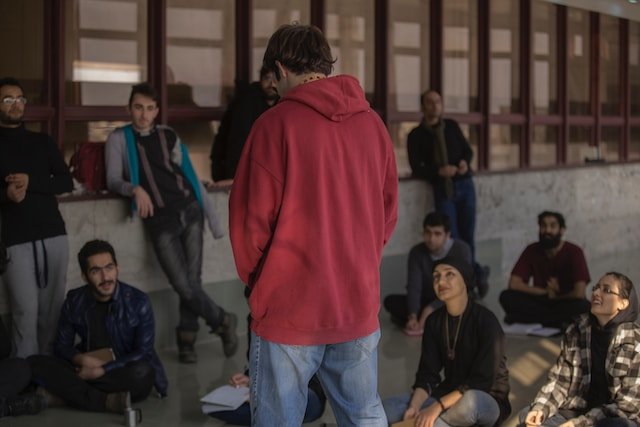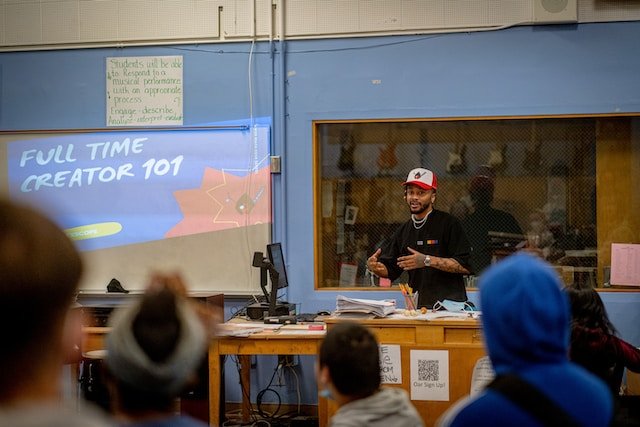The challenges and opportunities of drama education in the digital age
Drama education has long been a significant tool for promoting creativity, communication skills, and critical thinking among students. However, with the advent of the digital age, drama educators are faced with new challenges and opportunities in their teaching practices. In this article, we will explore some of the challenges and opportunities of drama education in the digital age.
Challenges:
Lack of Face-to-Face Interaction One of the primary challenges of drama education in the digital age is the absence of face-to-face interaction among students and educators. Online drama classes and virtual performances may not offer the same level of personal interaction as traditional drama classes, making it difficult for students to connect with their peers and educators.
Technical Issues Another challenge of drama education in the digital age is technical issues. Online classes and virtual performances require access to high-quality audio and video equipment, stable internet connection, and appropriate software. Technical issues can disrupt the effectiveness of online classes and performances, making it challenging for students to fully engage in the educational experience.
Restricted Physical Space Virtual drama classes and performances also present challenges regarding physical space. Students may not have access to appropriate space for practices or performances, making it difficult to fully engage with the drama education process.
Opportunities:
Access to Wider Audience The digital age presents an opportunity for drama education to reach a wider audience. Online performances can be accessed by individuals from anywhere in the world, making it possible to reach a wider audience and promote the benefits of drama education.
Integration of Technology The integration of technology in drama education can also provide exciting opportunities for new learning experiences. Virtual reality and augmented reality can be used to create immersive environments, giving students a unique opportunity to explore and experience drama in new ways.
Flexibility in Learning Online drama classes and virtual performances provide greater flexibility in learning, allowing students to access drama education from the comfort of their own homes. This can be particularly beneficial for individuals who have limited access to traditional drama education programs.
Overall, drama education in the digital age presents both challenges and valuable opportunities. While the lack of face-to-face interaction, technical issues, and restricted physical space can be challenging, the digital age also presents valuable opportunities for drama education to reach a wider audience, integrate technology, and provide greater flexibility in learning. Drama educators should adapt their teaching practices to address these challenges and make the most of the opportunities presented by the digital age.
Are you looking for a fresh and exciting way to engage your school’s drama program or your child’s creativity? Try YouTube drama! It’s a fun and modern way for students to create and perform in their own videos. YouTube drama is flexible, convenient, and can even reach a wider audience. Plus, it teaches valuable skills like video production, editing, and storytelling. Click here to learn more about how YouTube drama can benefit your school’s drama program.
Are you looking for a fresh and exciting way to engage your school’s drama program or your child’s creativity? Try YouTube drama! It’s a fun and modern way for students to create and perform in their own videos. YouTube drama is flexible, convenient, and can even reach a wider audience. Plus, it teaches valuable skills like video production, editing, and storytelling. Click here to learn more about how YouTube drama can benefit your school’s drama program.







